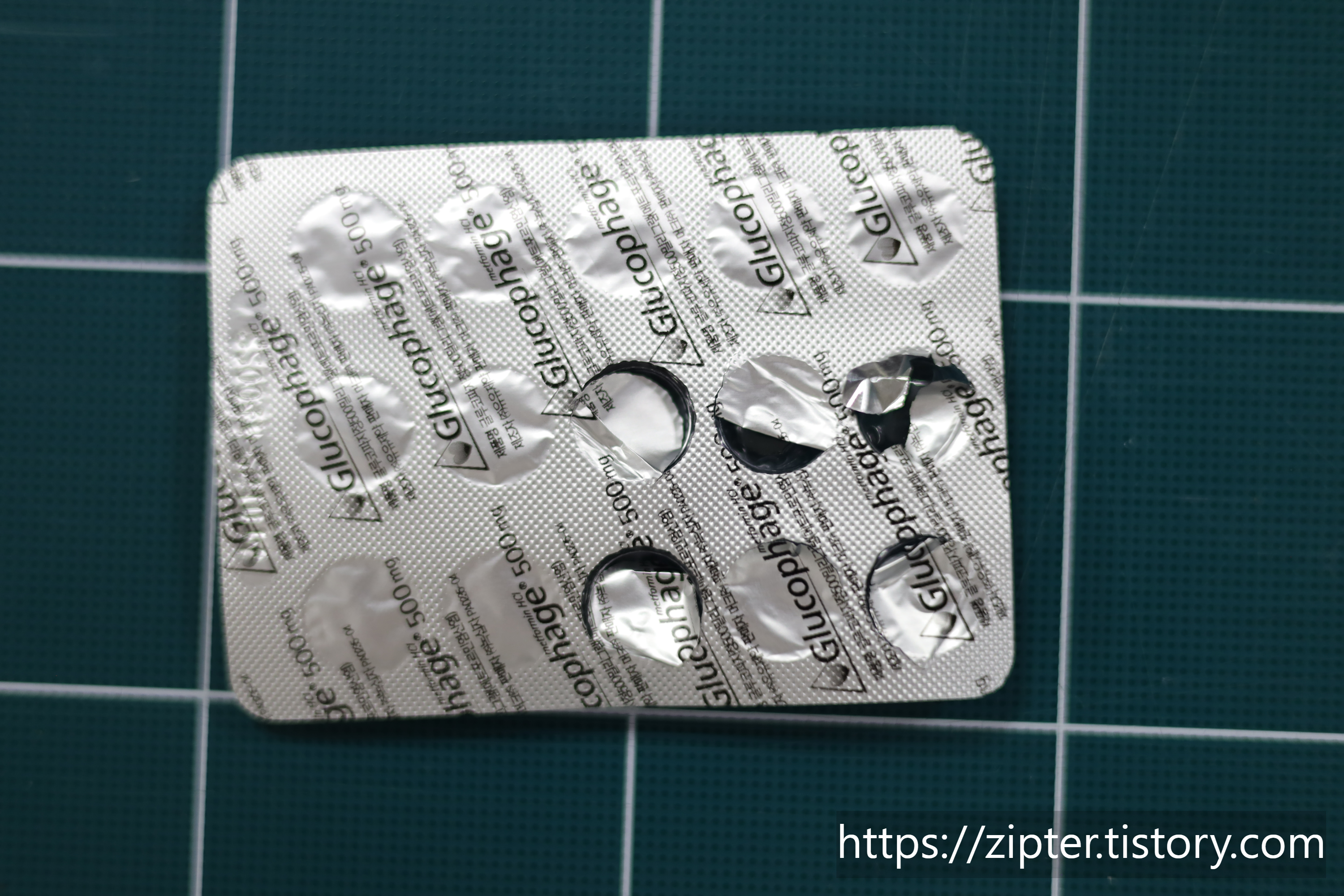Long-term use of metformin lowers vitamin B12 levels, so it should be taken with vitamin B12.
For anti-aging purposes, 1000 mg of metformin and vitamin B12 were taken together for 3 weeks. Taking 1,000mg at a time after eating in the evening and resting was less likely to lower the basal metabolic rate than when eating at breakfast or lunch.
As a result, I felt good because I seemed to sleep better than usual.
When I wake up in the morning, my body feels refreshed and refreshed, so I felt it was working.


Metformin, originally developed as a treatment for type 2 diabetes, has gained attention in recent years for its potential anti-aging properties. Below is a summary of the views and evidence surrounding metformin's use as an anti-aging drug:
- Mechanism of Action: Metformin is believed to have multiple mechanisms of action that might contribute to its anti-aging effects:
- Activation of AMP-activated protein kinase (AMPK), an enzyme that plays a role in cellular energy homeostasis.
- Inhibition of the mammalian target of rapamycin (mTOR) pathway, which has been linked to aging and lifespan.
- Reduction in the production of reactive oxygen species, thereby decreasing oxidative stress.
- Animal Studies: Experiments in animals, especially in worms and mice, have shown that metformin can extend lifespan and delay the onset of age-related diseases.
- Epidemiological Evidence: Some observational studies in humans have noted that diabetic patients taking metformin tend to live longer than those not on the drug, even when compared to non-diabetics. This suggests potential anti-aging effects. However, observational studies can't establish causation, and other factors could be at play.
- Clinical Trials: The most notable clinical trial on this topic, as of my last update in 2021, is the Targeting Aging with Metformin (TAME) trial. Sponsored by the American Federation for Aging Research (AFAR), the TAME trial aims to test whether metformin can delay the onset of age-related diseases in older adults. Results from this trial are eagerly awaited and will provide more conclusive evidence on metformin's potential as an anti-aging drug.
- Safety and Side Effects: Metformin is generally well-tolerated, but it can cause gastrointestinal side effects, like diarrhea, in some individuals. There's also a rare risk of lactic acidosis, particularly in individuals with kidney dysfunction. As with any drug, the benefits have to be weighed against potential risks.
- Caution: While some enthusiasts have begun taking metformin off-label for its supposed anti-aging effects, it's essential to approach this with caution. Self-prescribing medications without appropriate oversight and monitoring can be hazardous. Furthermore, the ideal dosing and long-term safety of metformin for anti-aging purposes in non-diabetic individuals are not well-established.
- Alternative Therapies: It's worth noting that other interventions, such as caloric restriction, exercise, and certain other drugs, have also shown promise in extending lifespan and health span. It's unclear how metformin might compare to these interventions in terms of efficacy.
In summary, while there's promising evidence to suggest that metformin could have anti-aging properties, more robust clinical data is needed before it can be recommended broadly for this use. Anyone considering metformin for anti-aging should discuss with a healthcare professional to ensure it's safe and appropriate for their individual circumstances.